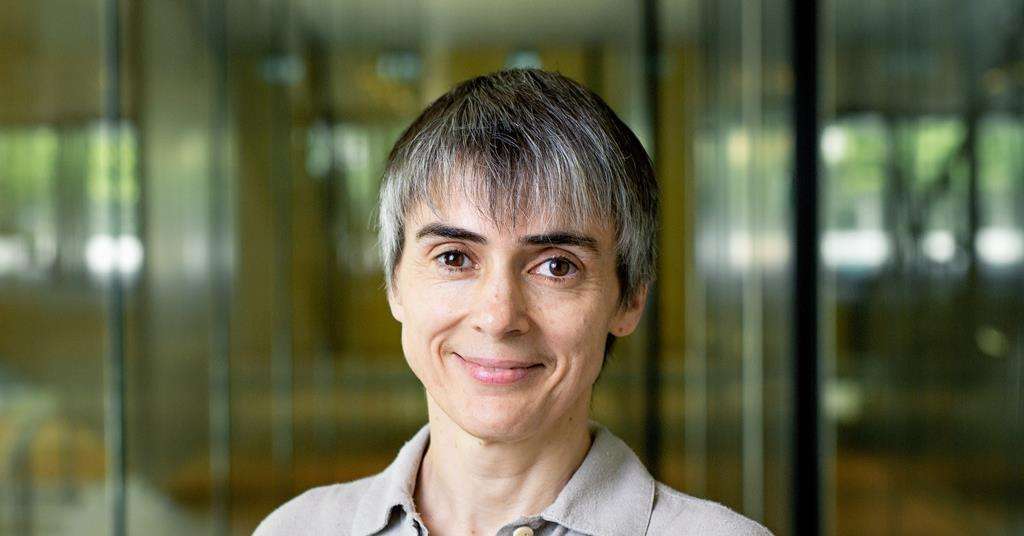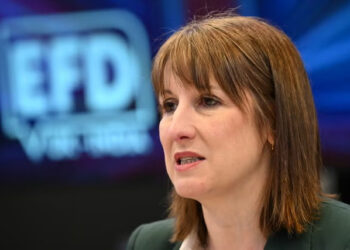Patrick Vallance, the former UK government chief scientific adviser who played a pivotal role in managing the Covid-19 pandemic, has recently opened up about his reluctance to serve in a Conservative government.
Now a peer and the science minister under the Labour government, Vallance made it clear that if Prime Minister Rishi Sunak had approached him to serve in a Tory administration, he would have declined the offer. “I wouldn’t have done, no,” he stated firmly.
Vallance, who was appointed to his current ministerial role following the Labour Party’s landslide victory in the recent general election, emphasized the distinction between his previous civil service role and his new position.
“As a civil servant, I’m very happy to serve under any government, and would do so because that’s the role of the civil service,” he explained.
“But as a minister, obviously, you then have [a] political angle to that as well, and that adds a layer of complexity. You can’t be a minister and not part of a political system, and that’s different.”
Patrick Vallance
The former chief scientific adviser’s private diaries from the Covid pandemic, which made headlines last year, revealed his deep frustrations with how politicians managed the crisis.
However, Vallance insisted that his concerns were not personal but stemmed from a broader issue.
“I am not sure I was individually critical of what ministers were doing. What I said was I thought the government as a whole didn’t have a mechanism well enough developed to take science and technology into all the places it needs to be.”
Patrick Vallance
His remarks came as the Department for Science, Innovation, and Technology (DSIT) announced the reopening of recruitment for a new chief executive of UK Research and Innovation (UKRI), the nation’s largest public research funder with an annual budget of £9 billion.
As the search for a new head of UKRI continues, Vallance outlined the challenges that await the successful candidate.
He expressed his desire for UKRI to transform its new leader, emphasizing the importance of funding curiosity-driven research, which he described as “the goose that lays the golden egg in years to come.”
He also highlighted the need for research that aligns with the government’s five key missions, such as driving economic growth and advancing the UK’s status as a clean energy superpower.
New UKRI Chief to Face Major Challenges
“If we can get the government to want to use research in order to understand how better to deliver [those] missions, I think we’ll end up with better results, faster results – whether that’s a technology answer or whether it’s a social science answer, or whether it’s some other answer.”
Patrick Vallance
The incoming chief executive will succeed Prof Dame Ottoline Leyser in June 2025 when her five-year term ends. The initial campaign to find a new CEO was launched earlier this year but has since reopened following the general election and the formation of a new government.

Vallance stressed that Leyser’s successor must be a leader capable of managing a broad portfolio and fostering collaboration across disciplines and sectors.
“What’s the point of having UKRI if it isn’t about bringing things together and getting some of that cross-fertilization? And that’s both between disciplines and between the private and public sectors,” he concluded.
READ ALSO: Ghana’s Development Challenges: Analyzing Work Habits and Economic Growth





















